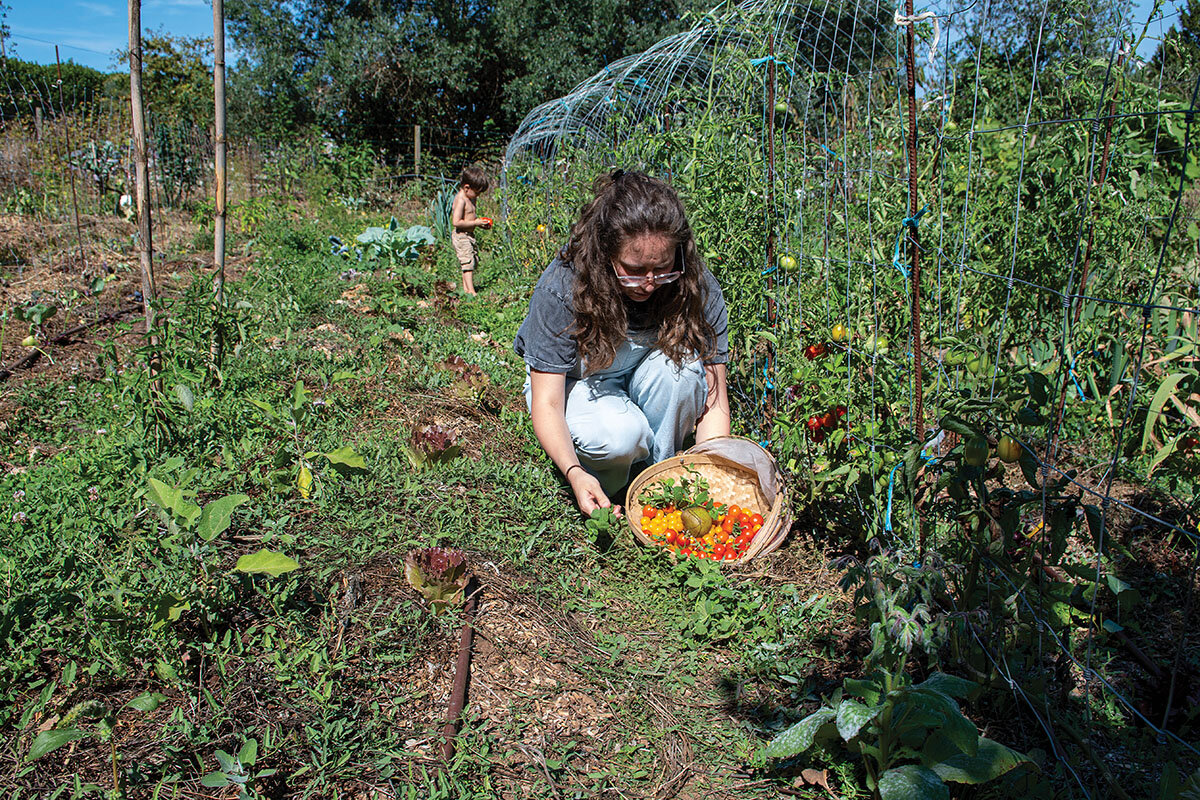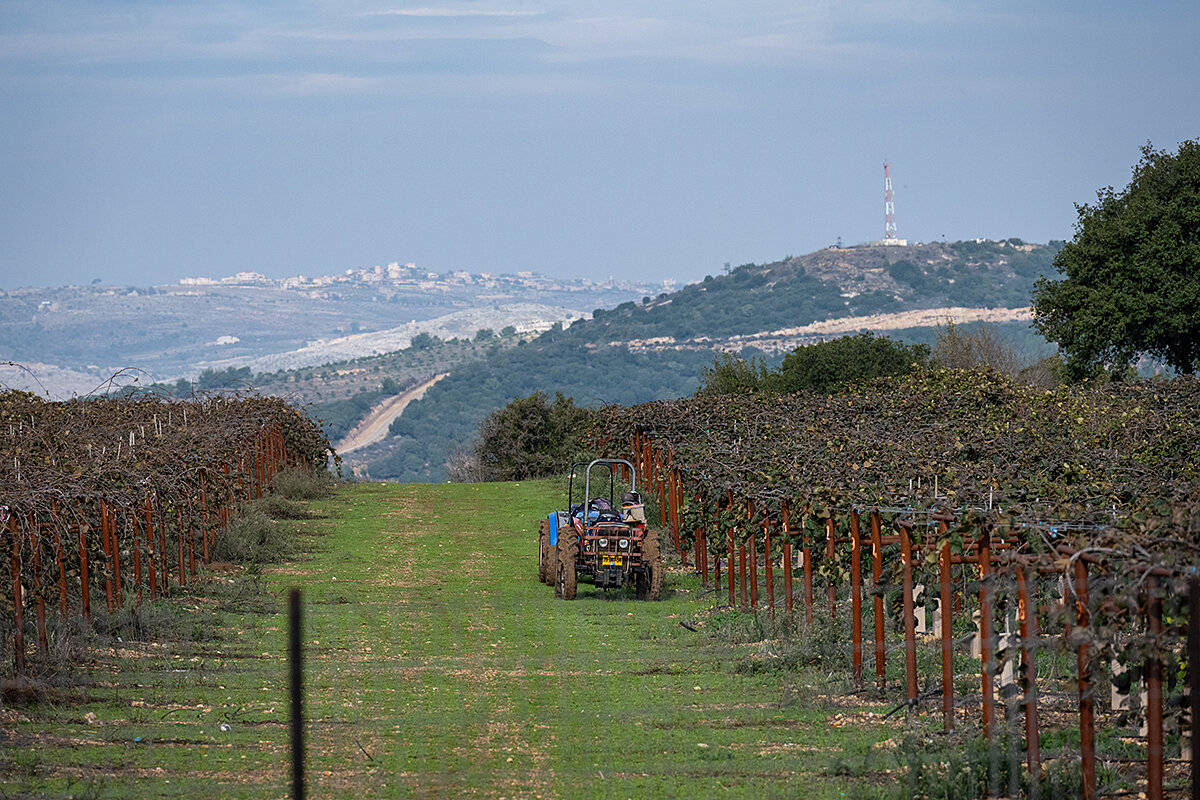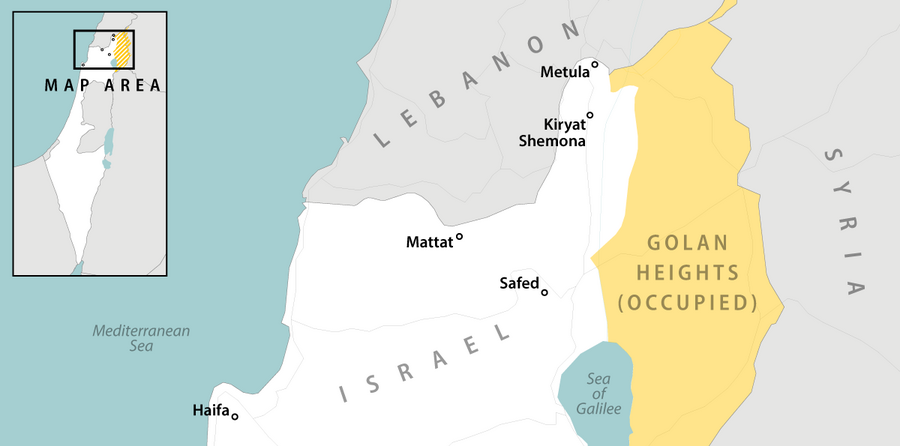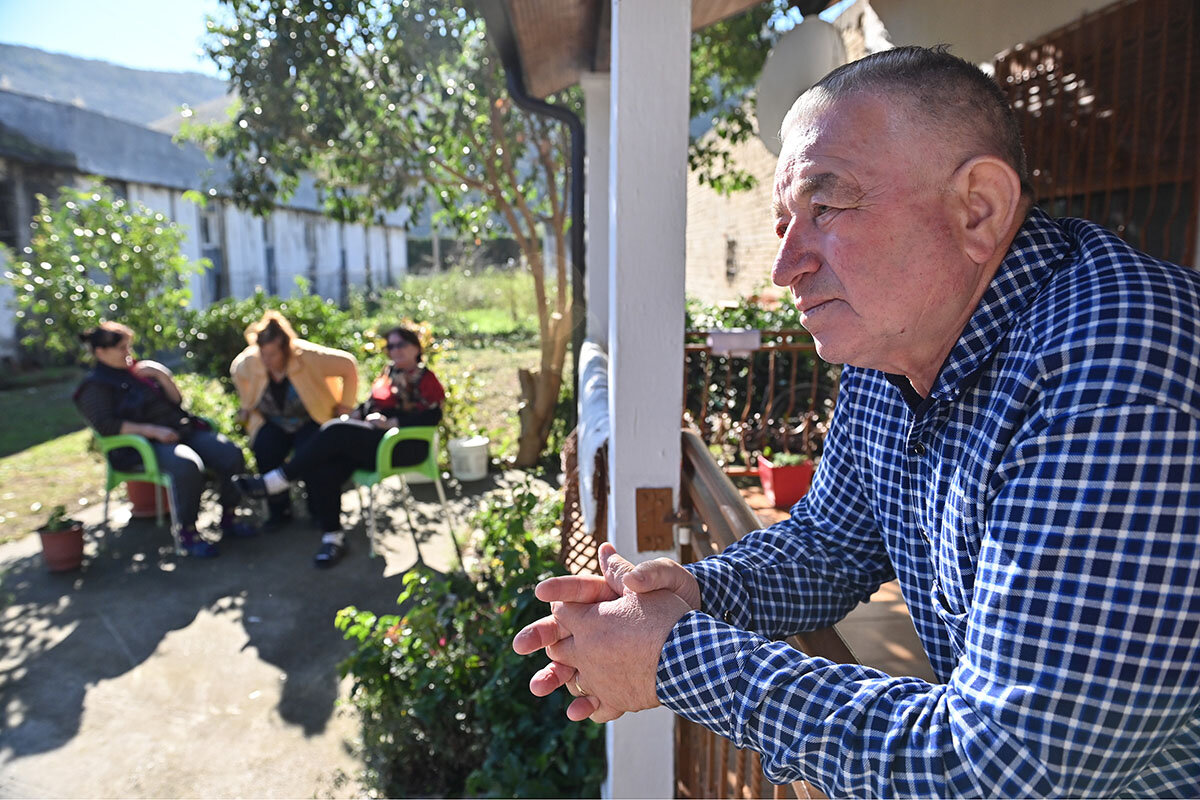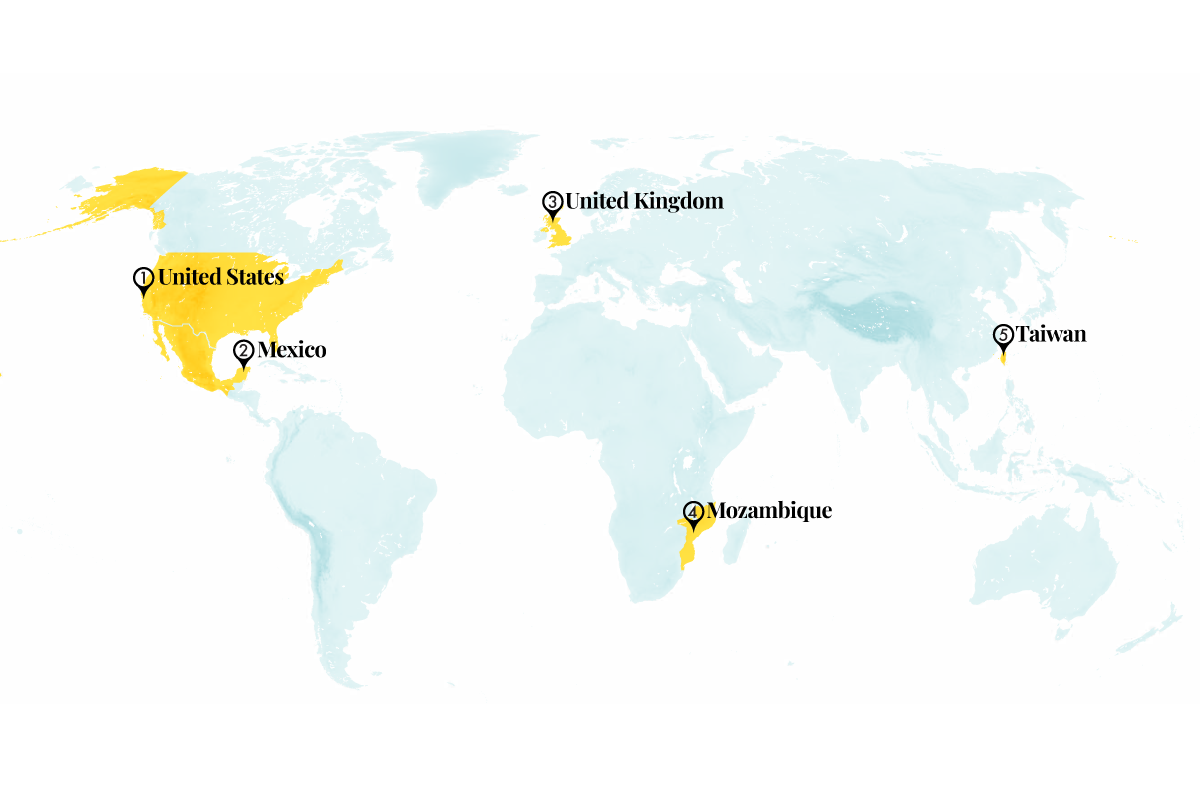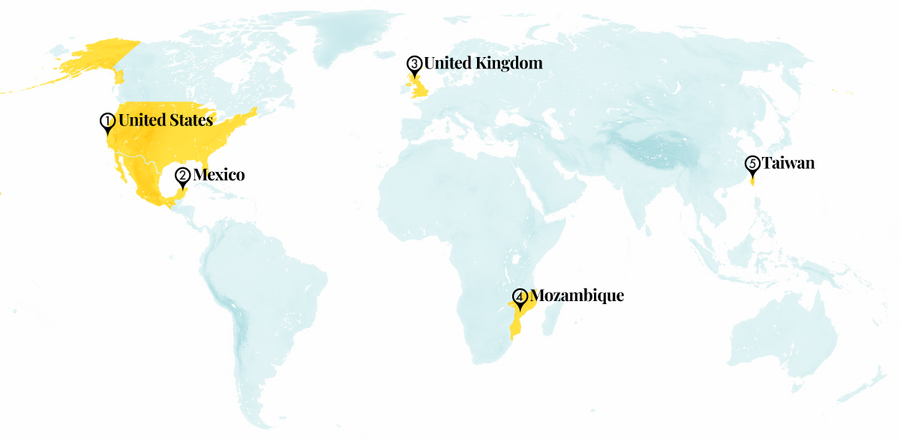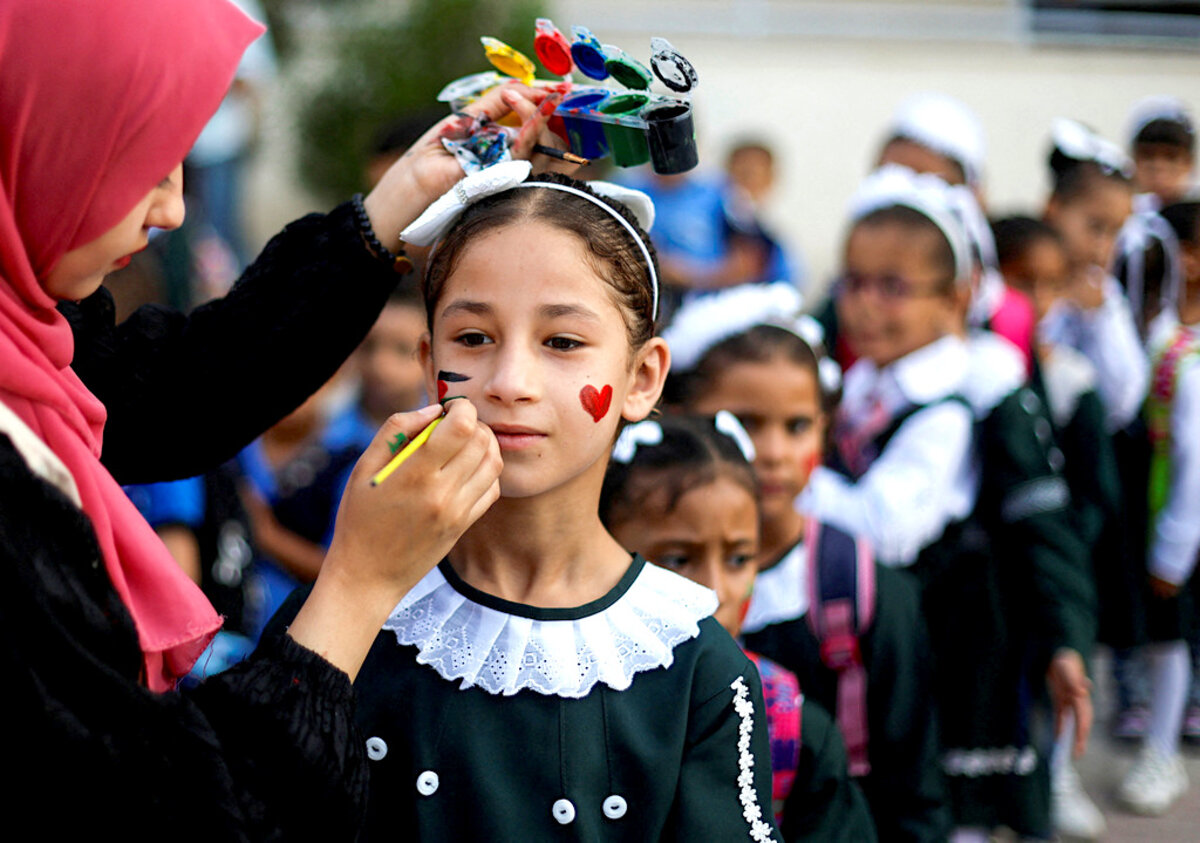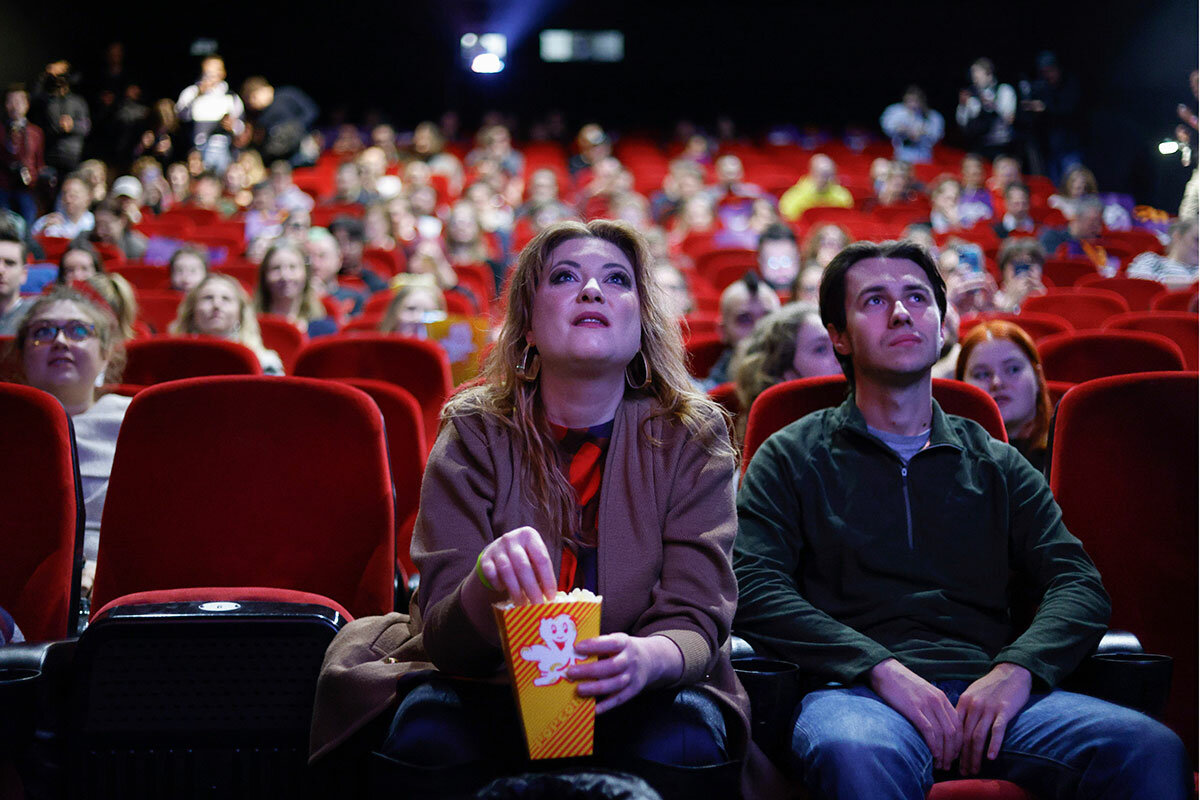The crisis in Gaza is stirring college campuses around the globe on a scale that hasn’t been seen since the Vietnam War. On Saturday, the conflict struck inside the ivory tower.
Elizabeth Magill stepped down from her post as president of the University of Pennsylvania. Days earlier, she and her counterparts at Harvard and the Massachusetts Institute of Technology had been grilled in a congressional hearing about the limits of acceptable student activism. Her unyielding defense of academic freedom drew withering criticism – even from the White House. Penn’s board chair followed her out the door.
Of primary concern is the relationship between free speech and individual safety. From Berkeley to Tel Aviv, protest rallies for one side or the other have left Jewish and Arab students feeling similarly threatened. Professors, meanwhile, worry the space for unrestrained intellectual debate is narrowing.
Yet beneath the noise, the conflict is also nurturing a counter trend – one that finds harmony not by curtailing freedom of expression but by elevating it through empathy and compassion.
Almost from the outset of the war in Gaza, says Rebecca Russo, senior director of higher education at Interfaith America, “we have heard from campus leaders that in places where strong interfaith relationships existed already among students, staff, and faculty, dialogue has continued and people have been able to show care for each other across divides.” As she told Inside Higher Ed, “the sharing of – and deep listening to – personal stories and experiences is particularly effective when political tensions are high.”
Wartime infringements on free speech are nothing new. Nor has the war in Gaza inflamed public discontent in a vacuum. Universities are still grappling with issues of academic inclusivity stirred by the social justice protests of 2020.
Still, the unique emotional impact of the Israeli-Palestinian issue has made finding a balance between safety and free speech more urgent – especially on campus. University administrators face internal and external pressures to rein in potentially provocative speech from students and professors.
In response to those calls, measures of reconciliation – many rooted in shared religious values – are growing. At Dartmouth, professors from Israel, Lebanon, and Egypt have hosted public conversations about the crisis. The University of California has earmarked $7 million for new initiatives that address issues such as antisemitism and Islamophobia.
“It is not okay to cast civility aside because the moment is too heated,” said Columbia University President Minouche Shafik in a public forum co-hosted by Princeton. “We must cultivate a university culture that pushes back on the forces that seek to divide us. A culture that encourages empathy, not personal attacks on individuals or identities. Learning to speak, and listen with respect, that is a cherished [academic] value.”
Confronted with a moment of raw division, universities may be resetting a foundational democratic right on a higher law common across divided faiths – that free speech, scented with the Golden Rule, heals rather than harms.
 Mark Sappenfield
Mark Sappenfield




